Elections

Republican presidential candidate Donald Trump says he will let Robert F. Kennedy Jr. “go wild on medicines” if he wins the White House. That could spell challenges for the US FDA in 2025.
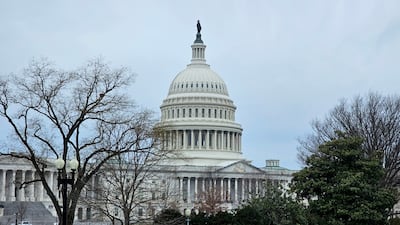
Some of the industry’s biggest challenges, and potential solutions, were hot topics at the BioFuture conference in New York.
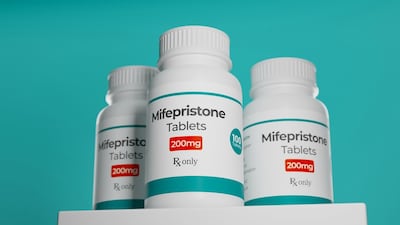
The outcome of the November presidential election may impact whether the government is willing to defend FDA's relaxation of the mifepristone REMS. The case poses risks for the broader drug approval process.
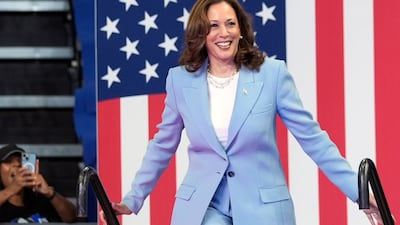
Neither Kamala Harris nor Donald Trump mentioned drug pricing reforms in their presidential convention speeches.

The agency is clearly on the radar of former President Trump and his new coterie of tech moguls.
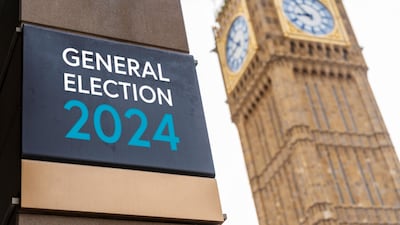
With the 4 July UK general election less than two weeks away, the Pink Sheet looks at the manifestos published by the major political parties and finds pledges to drive innovation, boost clinical trial activity and speed up regulatory procedures.

While more significant reforms are less likely under a second Biden term unless Democrats control both chambers of Congress, former President Trump could look to put his stamp on drug pricing reform by resurrecting one of his former policies involving international reference pricing and Medicare Part B drugs.

Infographic details who gave what to whom as all segments of the US healthcare industry gear up for the presidential election cycle.
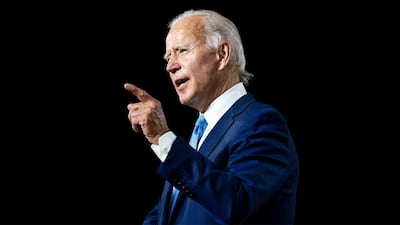
President Biden’s call to expand the US Medicare price negotiation program is naturally making headlines from his campaign-year State of the Union Address. But his call for a national cap on co-pays could be an important opportunity for industry in the years to come.

The opposition Labour Party’s life sciences plan aims to make the UK a “frontier market” for innovative products, including cell and gene therapies.

Former Trump advisor Joe Grogan discusses what might be in store for the biopharma industry if the former president is re-elected in 2024.

With a slim House majority, will Republicans wade into Medicare coverage policy for a promising Alzheimer’s drug and the new Medicare price negotiation program? Democratic Senate could offer ‘counter oversight’ hearings.

Pink Sheet reporters and editor discuss the impact of the midterm elections, the Inflation Reduction Act’s effects on drug development, and adjustments to FDA expanded access guidance.
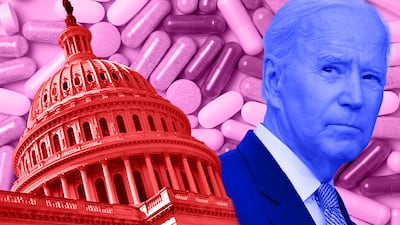
As Republicans expand their power in Congress, experts weigh in on prospects for significant changes to the Medicare price negotiation law and what the GOP might do to hamper implementation of the program.
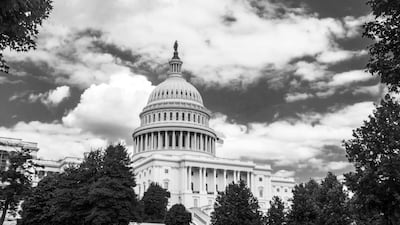
Lobbyists discuss what will happen with the healthcare agenda if Republicans retake the House in the mid-term elections and the prospects for passing a prescription drug pricing bill before then.

White House is trying to overcome some Senate Democrats’ opposition to Janet Woodcock as FDA Commissioner, while also looking for other candidates for the job. Josh Sharfstein, long thought to be Woodcock’s main competition, is not a strong contender.

Biden’s incoming Secretary of Health is a fan of ‘march in’ rights as a cost-containment tool for medicines. Two hold-overs from Trump Presidency may slow him down.

Tactic aims to allow incoming Administration to scrutinize so-called ‘midnight rules’ issued in the final days of the Trump Administration before they take effect. Regulators may also solicit stakeholder comments on delayed rules.

Drawing on 24 years as a legislator and another 16 years as a leading lobbyist for biopharma, Jim Greenwood sees an opportunity for industry to put drug pricing ‘behind us’ with a legislative compromise.

President-Elect Biden also adds David Kessler and Andy Slavitt to his COVID-19 response team, retains Francis Collins at NIH director.